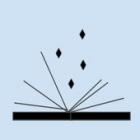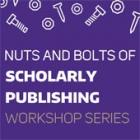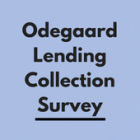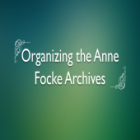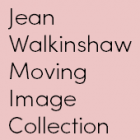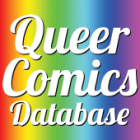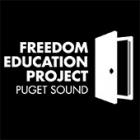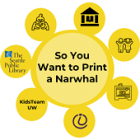Multilingual Video Game Genre Taxonomy
This project is a multilingual taxonomy (currently English, German, and Japanese) of video game genres, including gameplay and narrative genres. It consists of a multilingual equivalency table, hierarchical schedules, and alphabetical schedules. The purpose of the taxonomy is to create an international standard for describing video game genres. This document aids in the indexing and searching of video game records designed with the Video Game Metadata Schema by providing a robust multilingual controlled vocabulary. This project was sponsored by the iSchool's GAMER Group and created with data from Germany's Computerspielemuseum and Japan's Ritsumeikan University Center for Game Studies.

